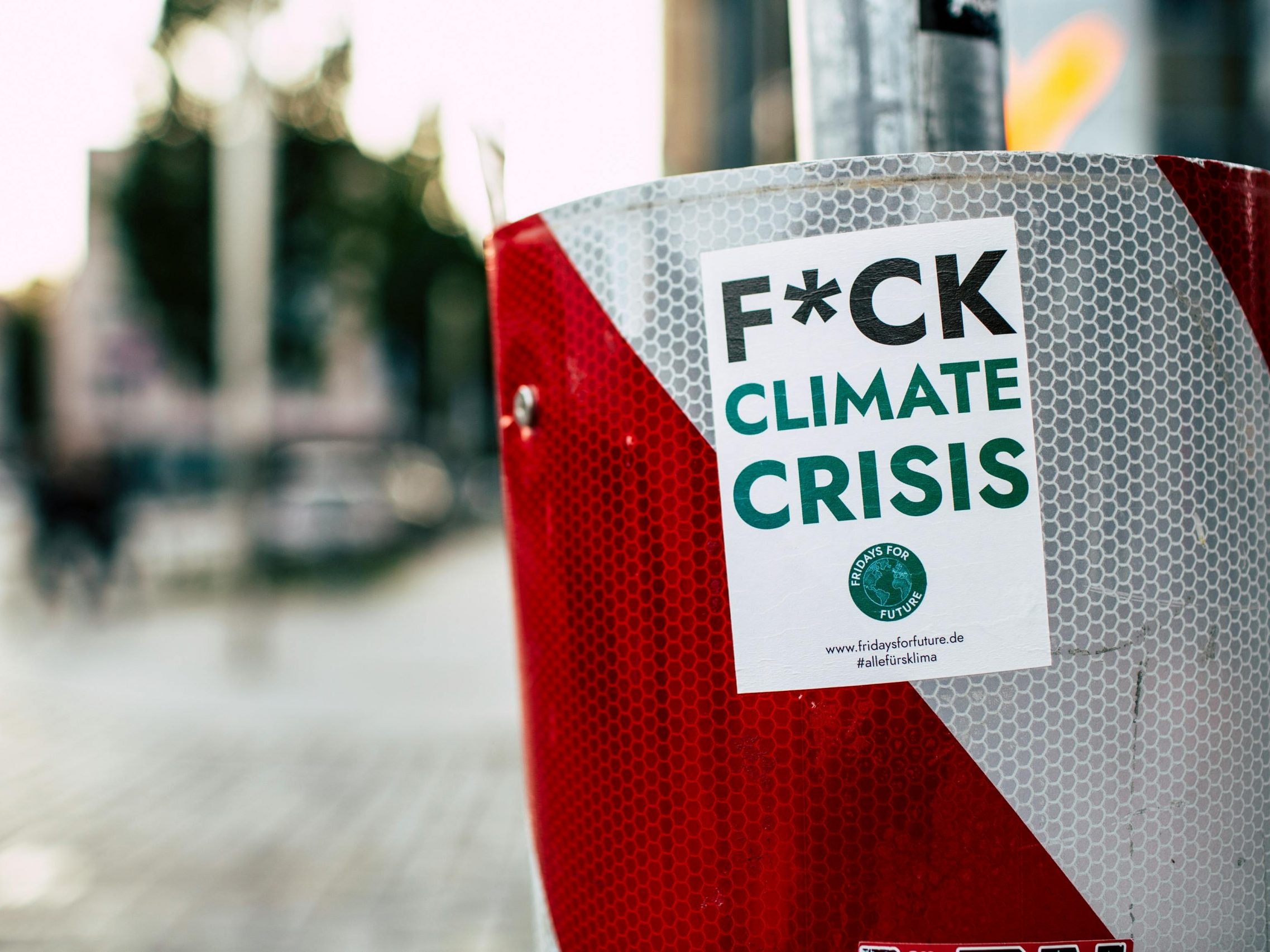Study: Fake News Delay Climate Protection Worldwide

Targeted misinformation endangers global climate protection and delays urgently needed measures.
A new report from the International Panel on the Information Environment (IPIE) shows that disinformation about climate change increasingly hinders the implementation of effective climate policy. Instead of directly denying climate change, current campaigns focus on discrediting solutions like renewable energies and sowing doubts about their effectiveness.
Shift in Disinformation Strategies
According to IPIE, climate denial has evolved: away from questioning scientific findings towards undermining climate protection measures. Examples include unfounded claims that renewable energies are responsible for power outages or that wind turbines kill birds en masse. Such statements are often spread by political actors and interest groups that benefit from fossil fuels.
Influence of Powerful Actors
The report identifies fossil energy companies, certain political parties, and state actors as the main perpetrators of this disinformation. In the USA, for example, former President Donald Trump is named as a key figure, whose statements on climate policy are widely disseminated. In Europe, right-wing populist parties such as the AfD in Germany, Vox in Spain, and the Rassemblement National in France contribute to the spread of climate skepticism.
Impact on Politics and Society
This targeted disinformation leads to an erosion of public trust in scientific findings and hinders political decision-making processes. The IPIE report warns that without effectively combating this "strategic disruption," global climate goals are hardly achievable. The authors therefore call for stricter regulations for social media, transparency obligations for companies, and increased climate education among the population.
FAQ: Disinformation and Climate Protection
What distinguishes new climate disinformation from classic denial?
While earlier climate denial mostly relied on questioning scientific facts, current disinformation aims to discredit specific measures such as the expansion of renewable energies – often subtly and seemingly fact-based.
Why is disinformation difficult to detect?
Modern disinformation sometimes uses true individual pieces of information that are taken out of context or distorted. Additionally, it is increasingly spread through established media, political speeches, or supposedly reputable studies.
What role do social media play in dissemination?
Platforms like Facebook, X, or YouTube often serve as multipliers for targeted misinformation. Algorithms favor polarizing content, which significantly increases the reach of disinformation.
What can individuals do against climate disinformation?
Critically questioning sources, fact-checking, refraining from sharing unverified content, and using reliable information sources are important means to counteract the spread.
Why are data from the Global South missing in the report?
The IPIE analysis is based solely on English-language studies, which leads to insights from less researched regions – particularly the Global South – being underrepresented. This highlights the need for more international research and funding.
Info: IPIE – International Panel on the Information Environment
The International Panel on the Information Environment (IPIE) is an independent expert panel dedicated to analyzing information distortion and targeted disinformation in socially relevant areas. The focus is on the systematic evaluation of scientific studies to provide policymakers with well-founded recommendations for action. The current analysis on climate disinformation is based on around 300 scientific publications from the last ten years. IPIE was founded by international researchers and is not affiliated with any government or economic interest group.
This article has been automatically translated, read the original article here.





